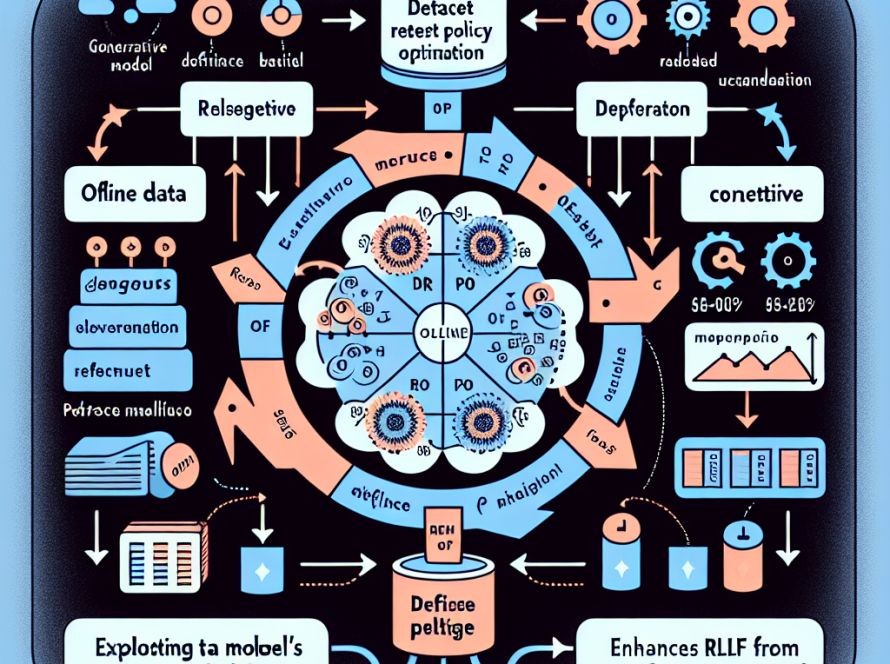Stanford University is renowned for its contributions to artificial intelligence research and advancements, offering numerous courses equipped with practical knowledge for its students. Various AI aspects are covered, including machine learning, deep learning, natural language processing, and other crucial AI technologies. The courses are revered for their depth, relevance, and rigor making them paramount for anyone seeking to excel in this field.
The ‘Artificial Intelligence Professional Program’ provides a comprehensive overview of modern artificial intelligence, highlighting vital topics like machine learning, deep learning, and natural language processing among other subjects. The program ensures participants can build and fine-tune AI models independently, optimizing performance, and applying advanced techniques in practical applications.
The ‘Supervised Machine Learning: Regression and Classification’ focuses on teaching Python-based machine learning using NumPy and scikit-learn. It provides a basic understanding of machine learning targeting at allowing participants to create practical AI applications.
The ‘Advanced Learning Algorithms’ digs into complex learning algorithms applying TensorFlow for multi-class classification using neural networks. The course focuses on best practices for model generalization.
The ‘Unsupervised Learning, Recommenders, Reinforcement Learning’ covers unsupervised learning techniques, including building recommender systems and constructing deep reinforcement learning models. This offers a thorough understanding of advanced machine learning applications.
The course ‘AI in Healthcare Specialization’ explores present and future AI applications in the healthcare industry optimized to integrate AI technologies safely and ethically. The course is tailored to cater to healthcare and computer science experts.
The course ‘The AI Awakening: Implications for the Economy and Society’ scrutinizes how AI will revolutionize the economy and societal norms, incorporating insights from leading AI researchers and industrial leaders.
Lastly, the courses ‘Probabilistic Graphical Models (1: Representation, 2: Inference, and 3: Learning)’ introduce probabilistic graphical models emphasizing complex probability distributions using Bayesian and Markov networks. These courses cover theoretical and practical aspects and include hands-on programming assignments. The models used play a vital role in AI applications like medical diagnosis and natural language processing.
All these courses provide essential knowledge in different areas of study in AI programming and insights, making them indispensable resources for anyone aspiring to make strides in the AI world. Stanford University, as a leading institution in this field, continues to pave the way in artificial intelligence advancements.


